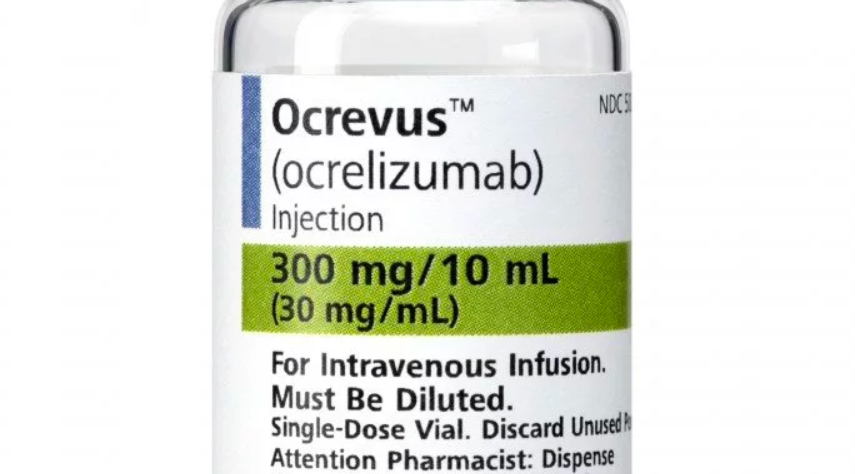NICE Agrees to Add Ocrevus to NHS for RRMS Patients in England and Wales, But Scotland Will Not
Written by |

Relapsing-remitting multiple sclerosis (RRMS) patients with active disease may now be treated with Ocrevus (ocrelizumab, developed by Genentech) within the National Health Service (NHS) — the subsidized public health system that covers England and Wales. But those in Scotland will not.
The National Institute for Health and Care Excellence, known as NICE, recommended that Ocrevus be included among the treatments provided RRMS patients in the two countries it covers. Eligible patients are those experiencing relapses or with brain imaging evidence (on an MRI) of new areas of disease activity, and who are unable or unwilling to be treated with Lemtrada (alemtuzumab, Sanofi Genzyme). A decision regarding primary progressive MS (PPMS) patients is awaited.
This decision reverses an earlier finding by NICE that Ocrevus did not meet its “value for money” standard for inclusion in the public health system for England and Wales. Genentech, which is part of the Roche group, worked with the agency to reach agreement on an undisclosed price for the infusion treatment, which sells in the U.S. at an estimated annual list price of $65,000.
But in Scotland, the SMC (Scottish Medicines Consortium) found that Genentech did not “present a sufficiently robust economic assessment” of Ocrevus’ cost-effectiveness relative to other treatments available for RRMS patients, the U.K.’s MS Trust reported on July 9.
The NHS is obligated to accept treatment recommendations made by NICE and the SMC. In the two countries under NICE’s purview, Ocrevus is expected to be available for prescription within three months, the MS Trust reported in a June release. After this, the NHS will fund the medication.
When NICE initially recommended against Ocrevus’ NHS inclusion, the MS Trust responded by arguing for its inclusion as a valuable additional treatment for RRMS patients.
“We are pleased that NICE has reversed its earlier decision and has now approved ocrelizumab [Ocrevus] as a treatment for [RRMS] in England and Wales,” said Jo Sopala, director of development at the MS Trust.
Share your experience with Ocrevus and hear from others in our OCREVUS FORUM!
“It further expands the range of relapsing MS treatments by offering a different dosing schedule, a different mode of action, minimal monitoring and a low risk of side effects compared to existing disease modifying drugs,” Sopala added.
But Sopala expressed concern for patients in Scotland, and said the MS Trust “will continue to make the strongest possible case for NHS Scotland approval of ocrelizumab for both relapsing and primary progressive MS.”
Ocrevus is also being considered by NICE for PPMS, and the MS Trust expects NICE will announce its initial decision within the upcoming weeks. The organization asked for input from patients with PPMS and other disease types, as well as from caregivers and health professionals, to support its goal of having the NHS cover Ocrevus as a PPMS treatment as well.
The SMC is thought to also no longer be considering Ocrevus as a public-funded treatment for PPMS patients in Scotland.
The U.S. Food and Drug Administration approved Ocrevus to treat both relapsing forms of MS and PPMS in March 2017. The E.U., Canada, Australia, Switzerland and countries in the Middle East and South America followed.
Results presented at the recent 4th Congress of the European Academy of Neurology (EAN), recently held in Lisbon, Portugal, showed that treatment with Ocrevus slowed disability worsening in PPMS patients, including the possibility of delaying the need for a wheelchair by up to seven years.
Other research presented at the EAN meeting demonstrated that long-term treatment with this medication — as well as switching from Rebif (interferon beta-1a, EMD Serono) to Ocrevus — led to a significant and durable decrease in disease activity in relapsing forms of MS.


